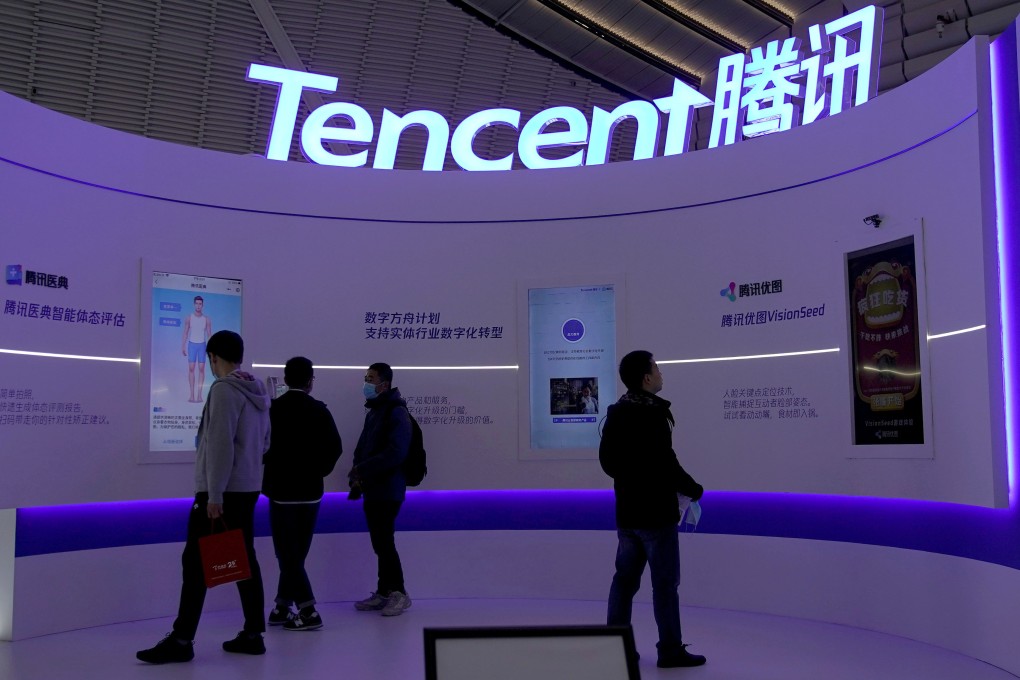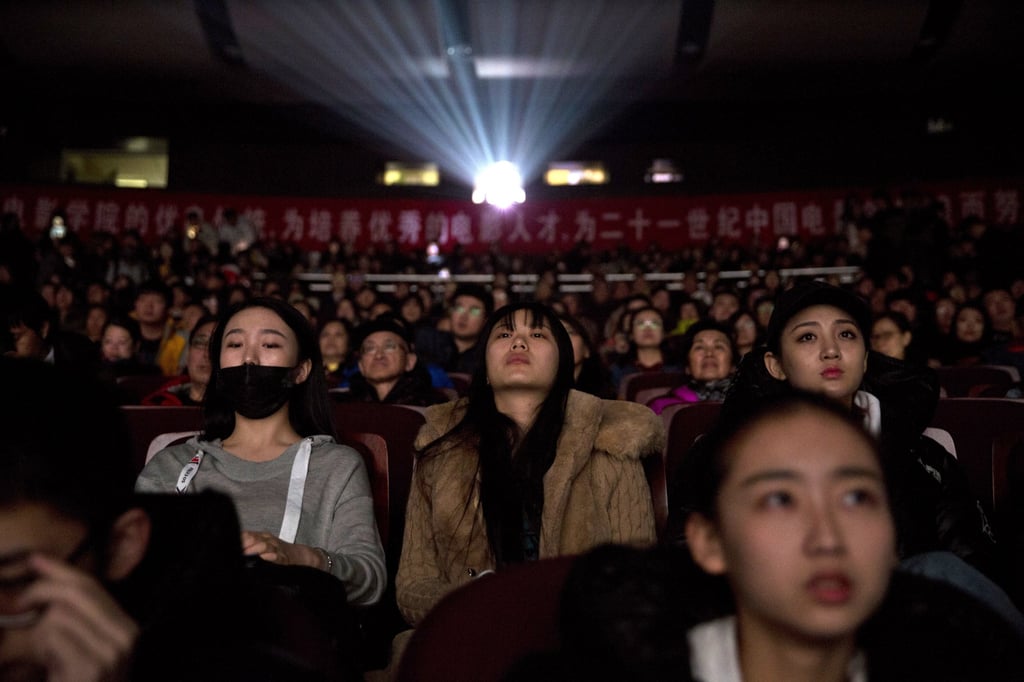China’s propaganda film department prevails against Tencent in copyright infringement cases
- The court ordered Tencent to compensate the propaganda department’s film centre 30,420 yuan for each of the three violations
- It is not the first time the film centre has launched similar copyright lawsuits against companies

China’s propaganda department has won three out of four copyright infringement cases it brought against Tencent Holdings over unauthorised showing of movies, court documents showed.
The film and television production centre of the Chinese Communist Party’s Publicity Department, which acts as the propaganda authority, argued that Tencent inflicted “great economic damage” by posting the movies on the Tencent Video platform without authorisation, according to court documents disclosed by the Beijing Internet Court on Sunday. In each case, the department asked that Tencent pay 50,000 yuan (US$7,663) in compensation.

The court supported the propaganda department’s case in three of the four cases, ruling that Tencent had infringed on the department’s “right of communication through information networks”, defined in China’s copyright law as “providing works to the public by wired or wireless means, so that people may access the works from a place and at a time individually chosen by them.”
The court ordered Tencent to compensate the propaganda department’s film centre 30,420 yuan for each of the three violations, according to the court documents.
Tencent did not immediately respond to a request for comment.
In one of the cases, the court ruled against the propaganda department’s request, saying that it did not hold rights to Gao Fengshan, a movie about the life of late comedian Gao Fengshan, who specialised in “cross talk”, a kind of traditional Chinese comedy involving a pair of comedians.